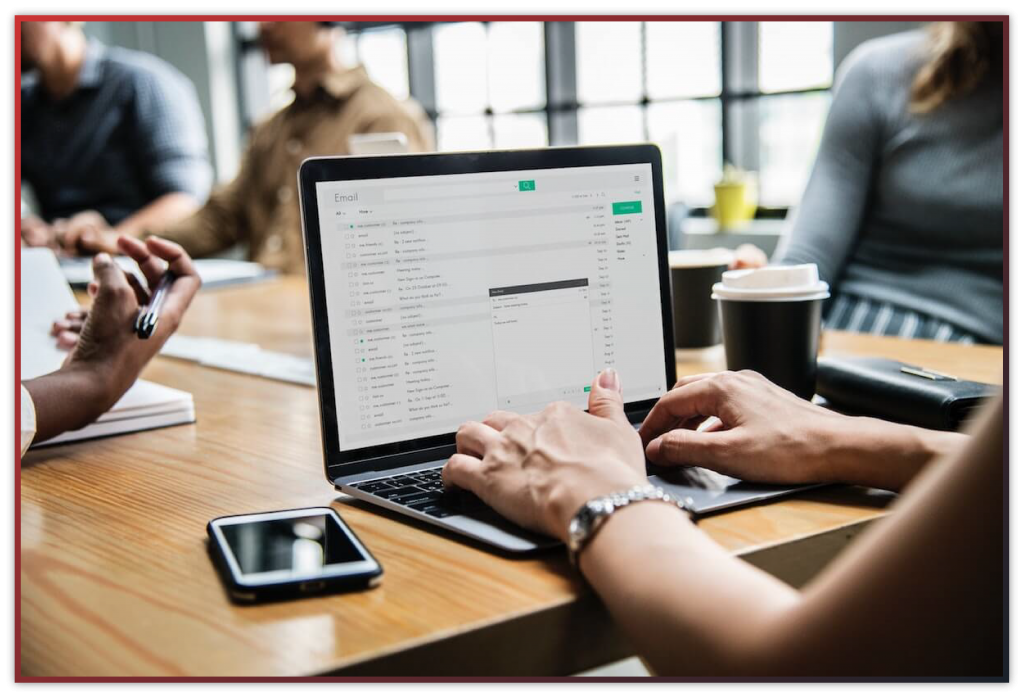There is a famous maxim in the digital era – “If the product is free, YOU are the product”. And yet most of us fall victim to the lure of free apps for our daily communication, messaging and email. Unfortunately, most of these “free” services intrude your privacy.
They use the data gathered across from their collective apps to post targeted apps and profit from your vulnerability.
Security, privacy and data breach are users’ top concern , especially after Facebook’s massive data breach left millions of accounts exposed.
 Even if you stay away from social media, there is one form of communication that everyone uses without realizing its vulnerability potential – Email.
Even if you stay away from social media, there is one form of communication that everyone uses without realizing its vulnerability potential – Email.
How can you ensure, that your private emails remain private? And you are using a service that is not only encrypted, but fully secured both digitally and physically?
But what really is private email?
Private email is when an email provider offers high-end security, encryption and privacy control features to protect your online privacy.
As opposed to the mainstream email providers, these private email services NEVER scan your emails for keywords or advertising purposes. Neither do they hand over the data to any government.
Most of these private email providers provide a range of free and paid plans. Or in some case, a free trial period for you to try out their service.
Some of these private email services do not provide a special email account. Rather they just secure your existing account so that you don’t have to switch email addresses and continue to enjoy the benefits of a totally private, secure and encrypted email exchange.
Additionally, they design their email privacy features in a way that you are even protected against individual password leakages.
Unique Privacy Control
Using a private email service gives you access to industry-unique privacy controls for each sent private email, so that you have full sender-control whether it is over cloud or the recipient device. You can also recall these secure emails and make them disappear.
Some additional sender-control features may include any or all of the following based on your provider:
- Setting the expiration: This feature lets you select a date and time in the future when you want your email to expire. This means the recipient can no longer view the email beyond that time.
- One time: One-time emails can only be viewed once before they expire. This is especially useful for highly confidential information that has short-term interest.
- No forwarding: Worried that your email will be forwarded and sensitive information leaked? The no forwarding feature ensures that the recipient cannot forward the body content of your email outside the original email list.
- Private sender and private subject line: This feature makes the sender address in the from field private after the recipient has seen the email. It is also possible to ensure complete confidentiality by keeping the subject line private.
Digital and Physical Security
Email privacy is no longer threatened just by digital breach. There is a question of physical security or breach too. Ideally, your private email provider should enable both government-grade digital security(for instance, AES-256 encryption) along with the physical security that is separation implemented on the cloud.
Physical separation enables seamless secret sharing, key management and unique digital security implementations to authenticate each email.
With a private email service, not only the origin and content of each private email gets authenticated, you can also secure past emails. Archive and encrypt emails from your account using a simple process.
Do you really need a private email?
Recently, one of the largest public data breaches with a collection worth 87 gigabytes of personal information was leaked online. Named “Collection #”, this mine of private information was discovered by security researcher Troy Hunt. Such a massive data breach has serious consequences.
Compare this to the private email service which may charge a nominal yearly fee or none at all. It is worth the peace of mind and the additional security it affords. In the digital world, one can never been too careful.